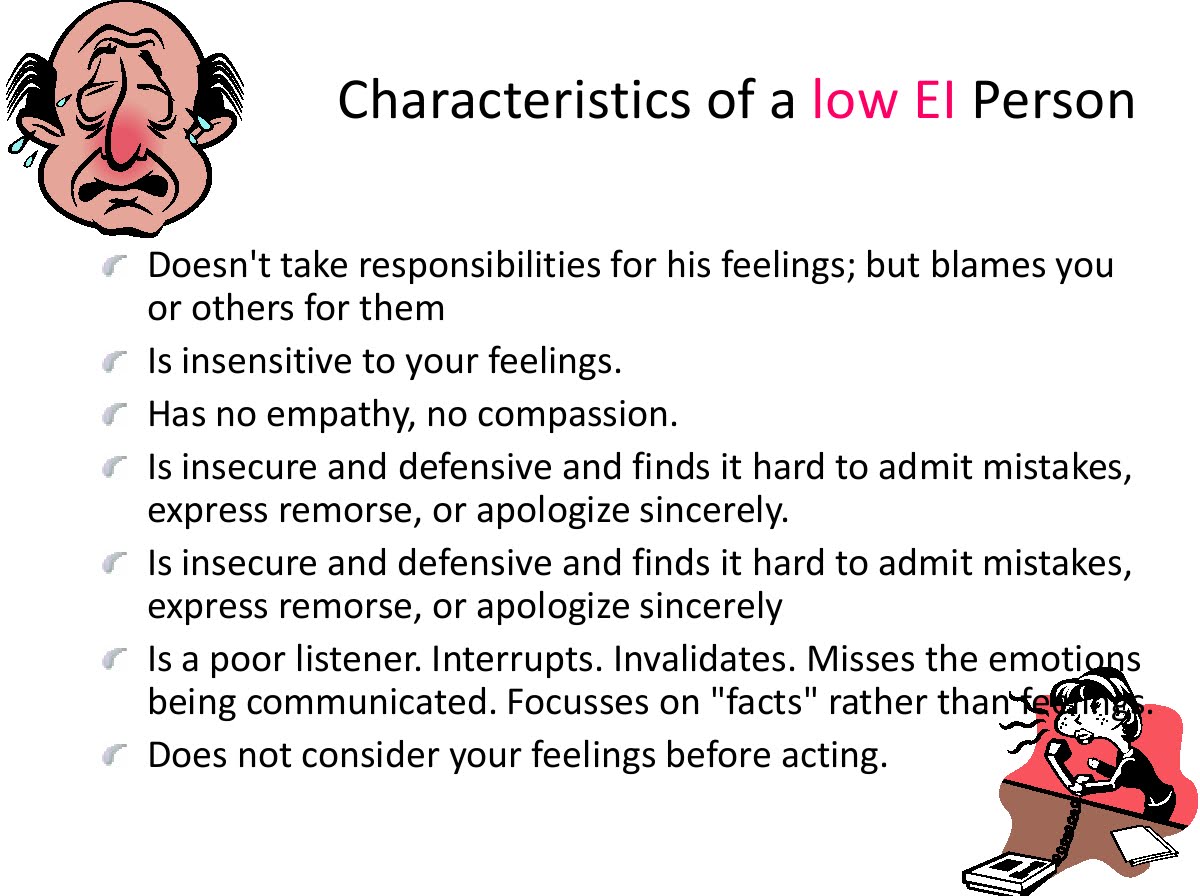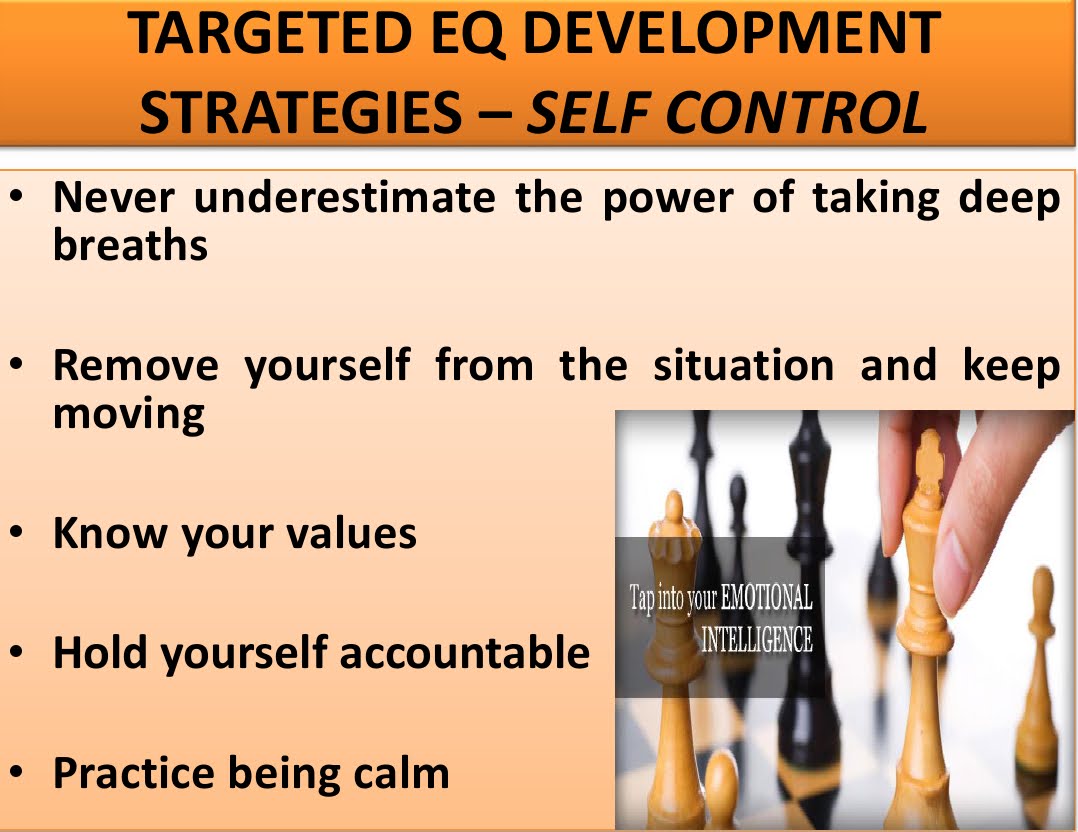Emotional Intelligence (EQ)
Introduction:
Emotional Intelligence (EQ)
is the ability to understand and manage our own emotions and those of others,
and has been recognized as a key factor in determining personal and
professional success. It plays a crucial role in shaping a student's
personality, influencing their relationships and behavior in various
situations. Hence, it is essential for educators to focus on nurturing EQ in
students.
Understanding Emotions:
One of the first steps in
developing EQ is to help students understand and identify their emotions. This
involves teaching them to recognize different emotions and to understand the
triggers that lead to specific emotions. Understanding emotions helps students
to respond appropriately to situations, thus avoiding conflicts and building
positive relationships.
Developing Empathy:
Empathy is the ability to
understand and share the feelings of others. It is a crucial component of EQ
and plays a key role in shaping a student's behavior. Educators can help
students develop empathy by encouraging them to put themselves in other
people's shoes, to listen actively, and to understand the perspectives of
others.
Promoting Self-awareness:
Self-awareness is the
ability to understand one's own emotions, thoughts, and motivations. It is
important for students to develop self-awareness as it helps them to make
better decisions, to understand their strengths and weaknesses, and to develop
coping strategies to deal with stress and difficult situations.
Encouraging Self-regulation:
Self-regulation is the ability
to control and manage one's emotions and behaviors. It is an important aspect
of EQ and can be developed by teaching students to take breaks when they are
feeling overwhelmed, to express their feelings in a healthy way, and to develop
coping mechanisms to deal with stress.
Building Positive Relationships:
Developing EQ can help
students build positive relationships with their peers, teachers, and family
members. By understanding and managing their emotions, students can communicate
effectively, avoid conflicts, and build strong, positive relationships.
Developing Resilience:
Resilience is the ability to
bounce back from adversity and to overcome obstacles. Students with high EQ are
better equipped to handle difficult situations and to recover from setbacks.
They are more resilient and better able to cope with stress and challenges.
Improving Academic Performance:
Studies have shown that
students with high EQ perform better academically and are more successful in
their personal and professional lives. They are better able to manage their
emotions, communicate effectively, and work well with others, all of which
contribute to their academic success.
Conclusion:
Developing EQ in students is
crucial for their personal and professional success. By understanding and
managing their emotions, students can build positive relationships, become more
resilient, and perform better academically. Educators play a key role in
nurturing EQ in students, and can do so by focusing on understanding emotions,
developing empathy, promoting self-awareness, encouraging self-regulation,
building positive relationships, and developing resilience.
































































